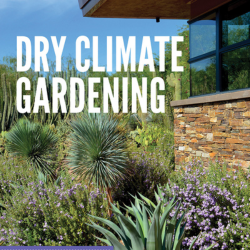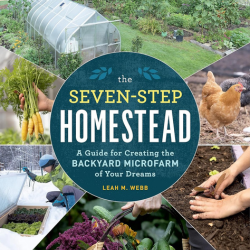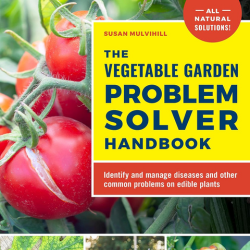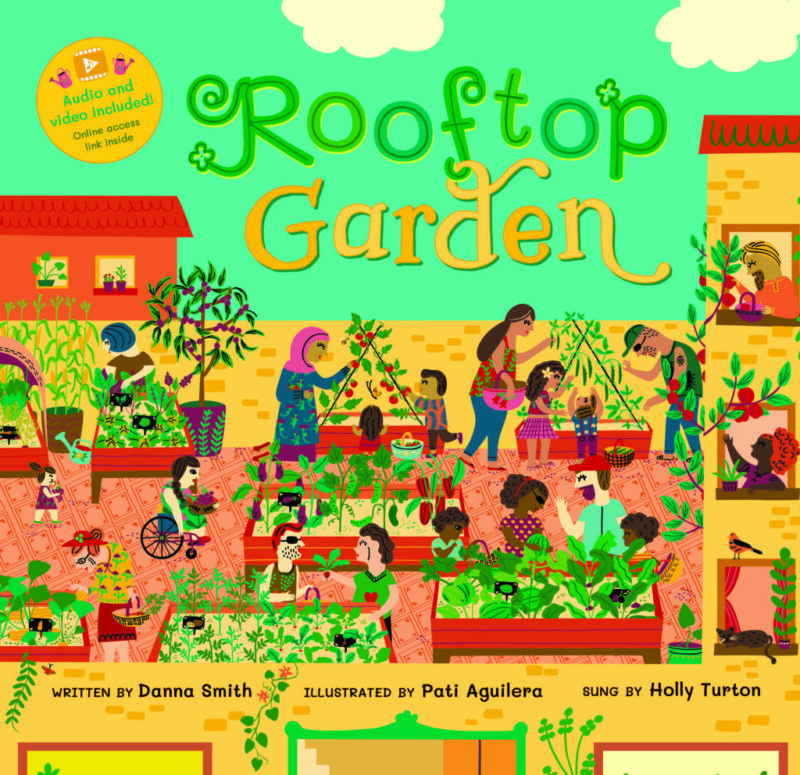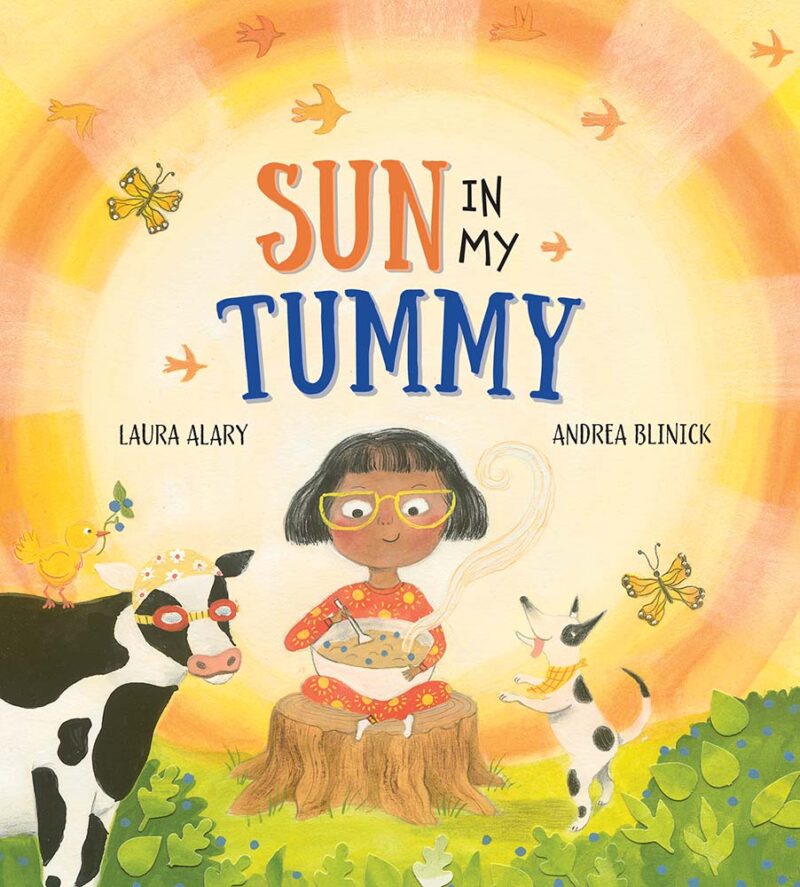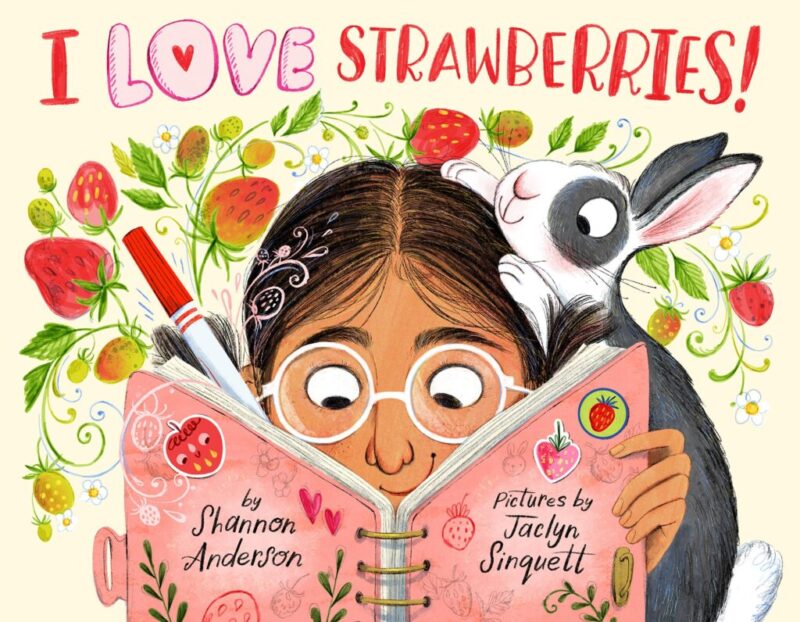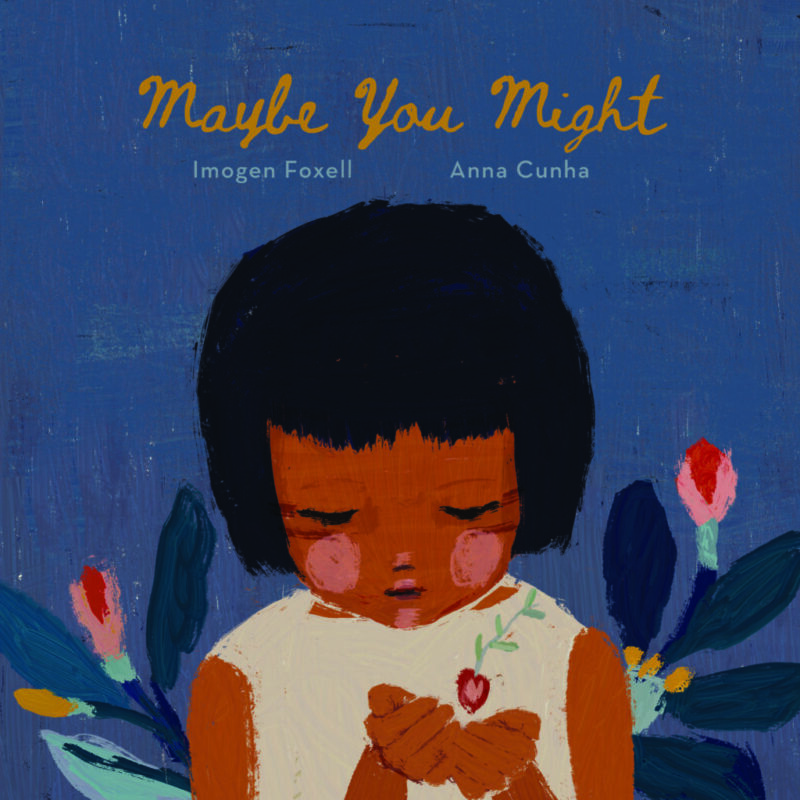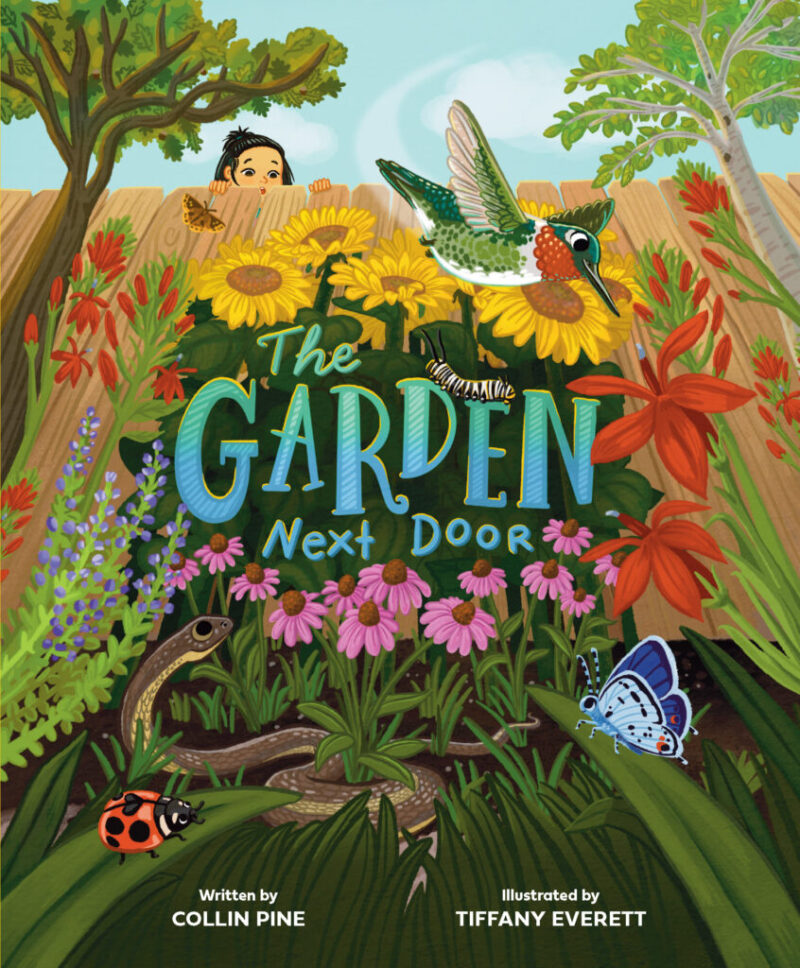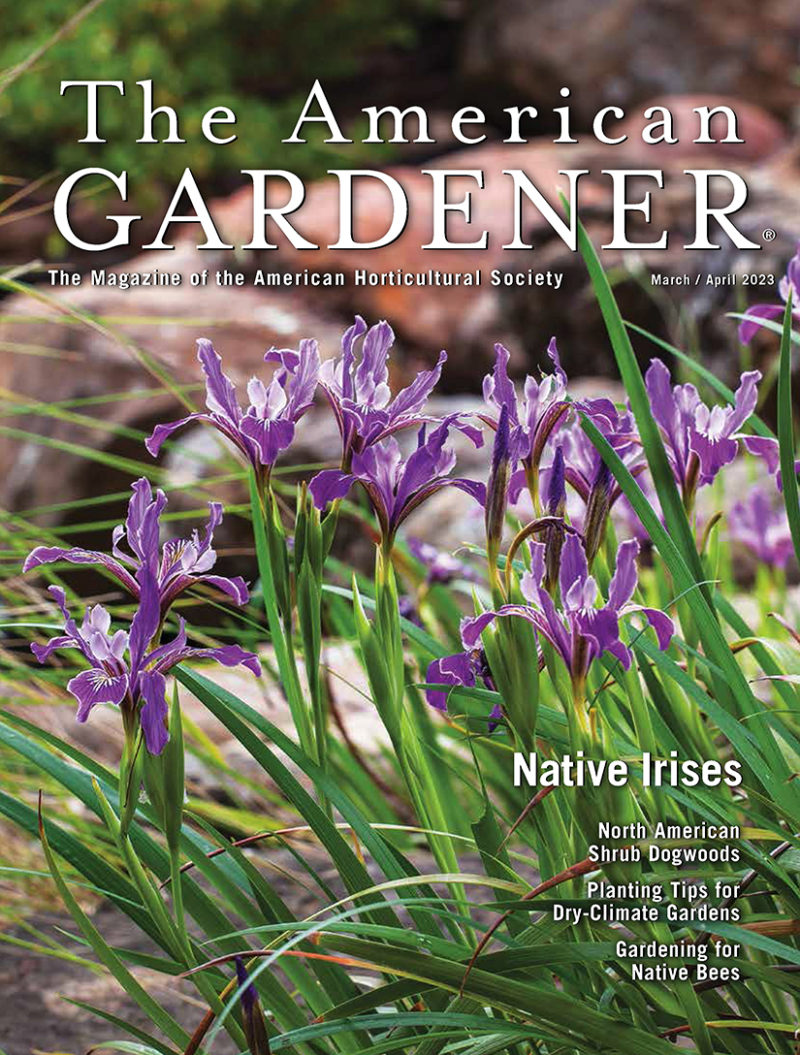American Horticultural Society’s The American Gardener Magazine Garners Three Prestigious GardenComm Awards
David J. Ellis, Editor of The American Gardener, received the Hall of Fame Honor and contributing writers Marianne Willburn and Gail Hudson are recipients of Laurel Media Awards.
ALEXANDRIA, VA (DATE) – The American Horticultural Society (AHS) is proud to announce that The American Gardener, the Society’s print and digital membership magazine, has been recognized with three distinguished honors by Garden Communicators International (GardenComm).
David J. Ellis, long-time editor of The American Gardener, has been inducted into the GardenComm Hall of Fame, the organization’s highest honor. This prestigious accolade acknowledges Ellis’s significant contributions to advancing GardenComm’s mission and values throughout his career.
Joining the AHS as Assistant Editor in 1994, Ellis became editor of The American Gardener in 1998, overseeing nearly 200 issues. He also managed the publication of more than 20 gardening books through AHS’s publishing program, directed AHS’s digital communications and outreach initiatives, and often served as the AHS’s spokesperson. His expertise has led to appearances on national radio programs like National Public Radio’s “Science Friday,” participation in horticultural panels across the country, and hosting tours internationally for the AHS Travel Study program. An active member of GardenComm since 1998, Ellis was named a GardenComm Fellow in 2008 and has served on multiple GardenComm committees. Ellis, who plans to retire in December 2024, will continue to contribute to the AHS by leading a Travel Study program to South Africa’s Cape region in 2025.
In addition to Ellis’s recognition, two contributing writers to The American Gardener have been honored with GardenComm’s Laurel Media Awards. Marianne Willburn received a gold medal for her 2023 opinion column series “In Defense of Gardening…,” while Gail Hudson was awarded a silver medal for her article, “Kicking the Plastic Pot Habit,” which appeared in the July/August 2023 issue of The American Gardener. The awards were announced on August 28 at GardenComm’s annual conference in Grand Rapids, Michigan.
“These accolades highlight the exceptional quality of our editorial team and the impact of The American Gardener magazine as a leading publication in the horticultural community,” says Suzanne Laporte, President and CEO of the AHS. “We congratulate David Ellis and contributing writers Marianne Willburn and Gail Hudson, on their well-deserved recognition, and thank them for their outstanding contributions to AHS and horticultural communication.”
About the American Horticultural Society
Founded in 1922, the nonprofit American Horticultural Society (AHS) is one of the most respected and longstanding member-based national gardening organizations in North America. The Society’s membership includes more than 22,000 aspiring, new, and experienced gardeners, plant enthusiasts, and horticultural professionals, as well as numerous regional and national partner organizations. Through its educational programs, awards, and publications, the AHS inspires a culture of gardening and horticultural practices that creates and sustains healthy, beautiful communities and a livable planet. AHS is headquartered at River Farm, 25-acre site overlooking the Potomac River that is part of George Washington’s original farmlands in Alexandria, Virginia. www.ahsgardening.org
